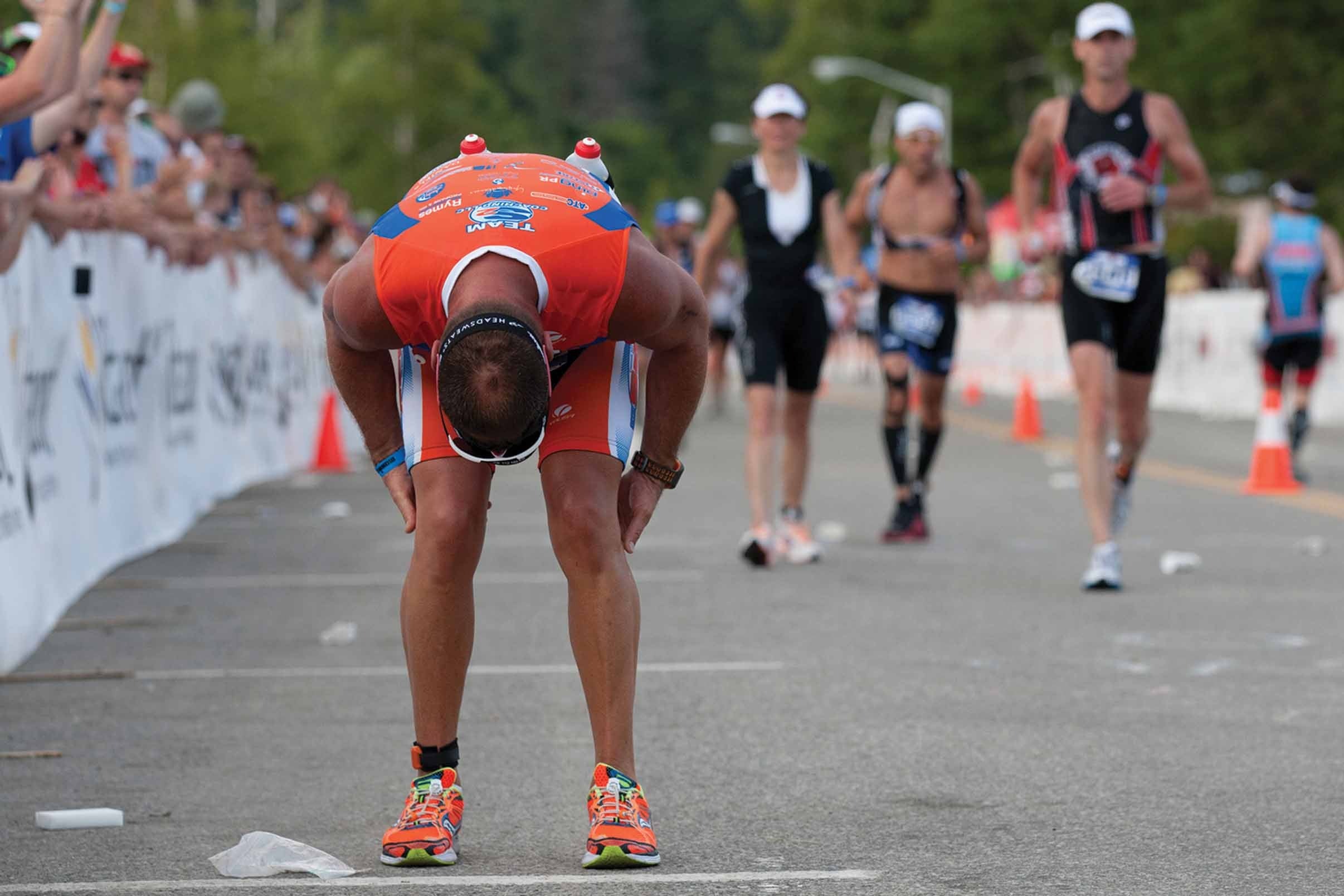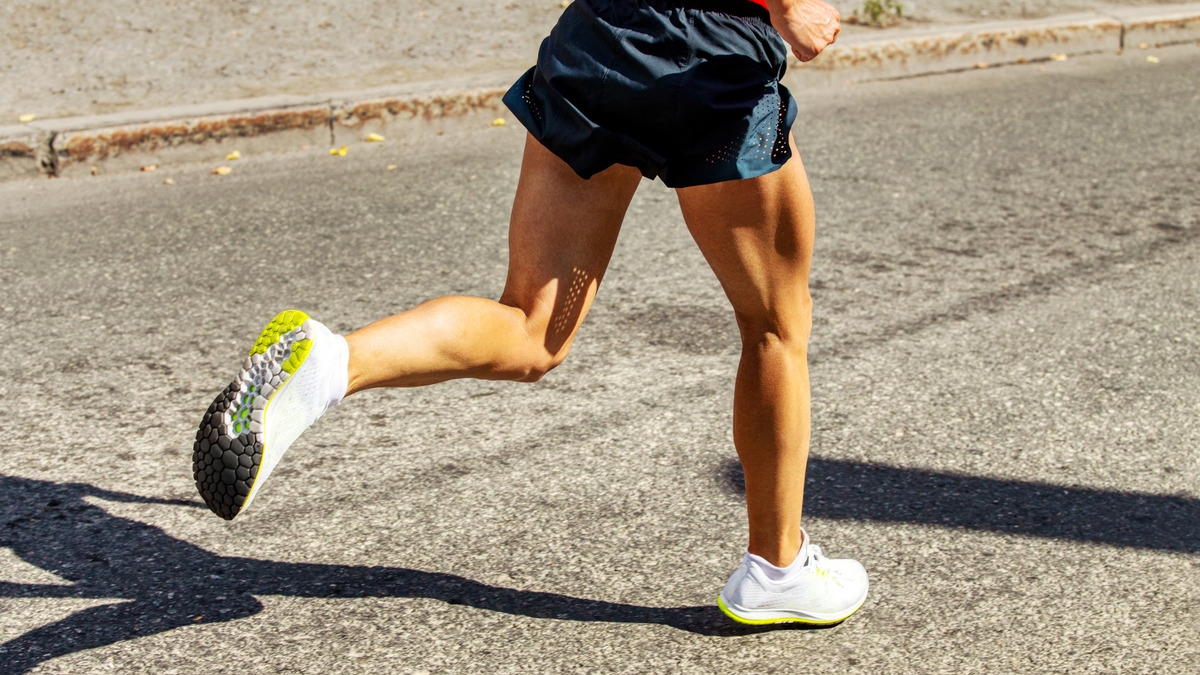Home>Shop by Feature>Tight Running Shorts>Can Compression Shorts Aid in Reducing Muscular Imbalances in Runners?


Tight Running Shorts
Can Compression Shorts Aid in Reducing Muscular Imbalances in Runners?
Modified: January 2, 2024
Explore how compression shorts can provide support and stability to key muscle groups, helping to improve muscle alignment and lower the risk of imbalances and injuries, reducing muscular imbalances in runners.
In the realm of running gear, compression shorts have emerged as a favorite choice among athletes. Designed to offer a snug fit that hugs the body’s contours, compression shorts have been lauded for a variety of purported benefits, from improving circulation to enhancing performance. One particular claim that has sparked curiosity and debate among athletes and researchers alike is whether compression shorts can aid in reducing muscular imbalances in runners. Let’s delve into this fascinating topic.
Understanding Muscular Imbalances
Before we examine the role of compression shorts, it’s crucial to understand what we mean by muscular imbalances. Essentially, muscular imbalances occur when certain muscles are stronger, more developed, or more frequently used than others. This uneven muscle development can lead to instability, improper form, and a higher risk of injuries.
In the context of running, common examples of muscular imbalances include an over-reliance on quadriceps instead of hamstrings, or uneven strength between the left and right legs. Such imbalances can affect a runner’s gait and potentially lead to issues such as runner’s knee or shin splints.
The Science Behind Compression Shorts
Compression shorts apply pressure to the skin and underlying muscles. This compression is thought to have several benefits:
- Enhanced Circulation: By applying pressure, compression shorts can stimulate blood flow, enhancing circulation to the muscles and facilitating quicker removal of lactic acid and other metabolic waste. This can result in less muscle fatigue and soreness.
- Improved Proprioception: Proprioception is your body’s ability to sense its position and movement. Some research suggests that wearing compression shorts may enhance proprioception, improving your control over your movements and potentially your running form.
- Muscle Stabilization: The compression offered by these shorts is believed to limit muscle oscillation – the small, unnecessary movements that muscles make when running. By reducing these oscillations, compression shorts may decrease muscle fatigue and damage.
Can Compression Shorts Reduce Muscular Imbalances?
Now to the million-dollar question: Can compression shorts aid in reducing muscular imbalances in runners? While the idea is intriguing, it’s important to note that compression shorts are not a magic fix for muscular imbalances.
Compression shorts may potentially help by enhancing proprioception and promoting better form, or by stabilizing muscles to reduce unnecessary movement. This could potentially contribute to a more balanced running gait. Moreover, by enhancing circulation and reducing muscle fatigue, they could enable runners to train more effectively and make more balanced use of their muscles.
However, muscular imbalances are typically the result of more deep-seated issues such as habitual movement patterns, improper training techniques, or uneven strength or flexibility. Addressing these issues often requires targeted strength and flexibility training, adjustments to running form, or even physical therapy.
In other words, while compression shorts might play a supporting role, they should be part of a broader strategy to address muscular imbalances.
Precautions and Considerations
While compression shorts can be a beneficial part of a runner’s gear, it’s important to use them properly:
- Fit: Compression shorts should fit snugly, but not so tight as to restrict movement or cause discomfort. A poor fit could negate any potential benefits and even cause issues.
- Use: While beneficial for running and recovery, you should not wear compression gear at all times. Prolonged use could potentially lead to discomfort or skin issues.
- Quality: Not all compression shorts are made equal. Invest in high-quality gear made of durable, comfortable materials that provides the right amount of pressure.
Conclusion
While compression shorts offer many potential benefits for runners, their ability to reduce muscular imbalances should be seen in the correct context. They may contribute to better form, muscle stabilization, and effective training, but they are not a stand-alone solution for muscular imbalances. As part of a comprehensive approach that includes targeted exercises, proper form, and balanced training, however, compression shorts can certainly play their part in helping runners perform at their best.
Frequently Asked Questions
What are muscular imbalances in runners?
Muscular imbalances in runners occur when certain muscles are stronger, more developed, or more frequently used than others. This uneven muscle development can affect a runner’s gait and potentially lead to injuries.
How can compression shorts benefit runners?
Compression shorts can benefit runners by enhancing circulation, improving proprioception (body position sense), and stabilizing muscles. This can lead to less muscle fatigue and potentially improved running form.
Can compression shorts fix muscular imbalances?
While compression shorts may support better running form and more balanced muscle use, they are not a magic fix for muscular imbalances. Addressing muscular imbalances typically requires a comprehensive approach, including targeted exercises and proper running technique.
Are there any precautions when using compression shorts?
Yes, ensure your compression shorts fit properly — snug but not overly tight. They should not be worn all the time. Instead, opt for high-quality shorts that offer the right amount of pressure and comfort.
If I have muscular imbalances, what should I do?
If you have muscular imbalances, it’s best to consult with a physical therapist or a fitness professional. They can help develop a targeted exercise plan to address imbalances, improve your running form, and reduce the risk of injury.









